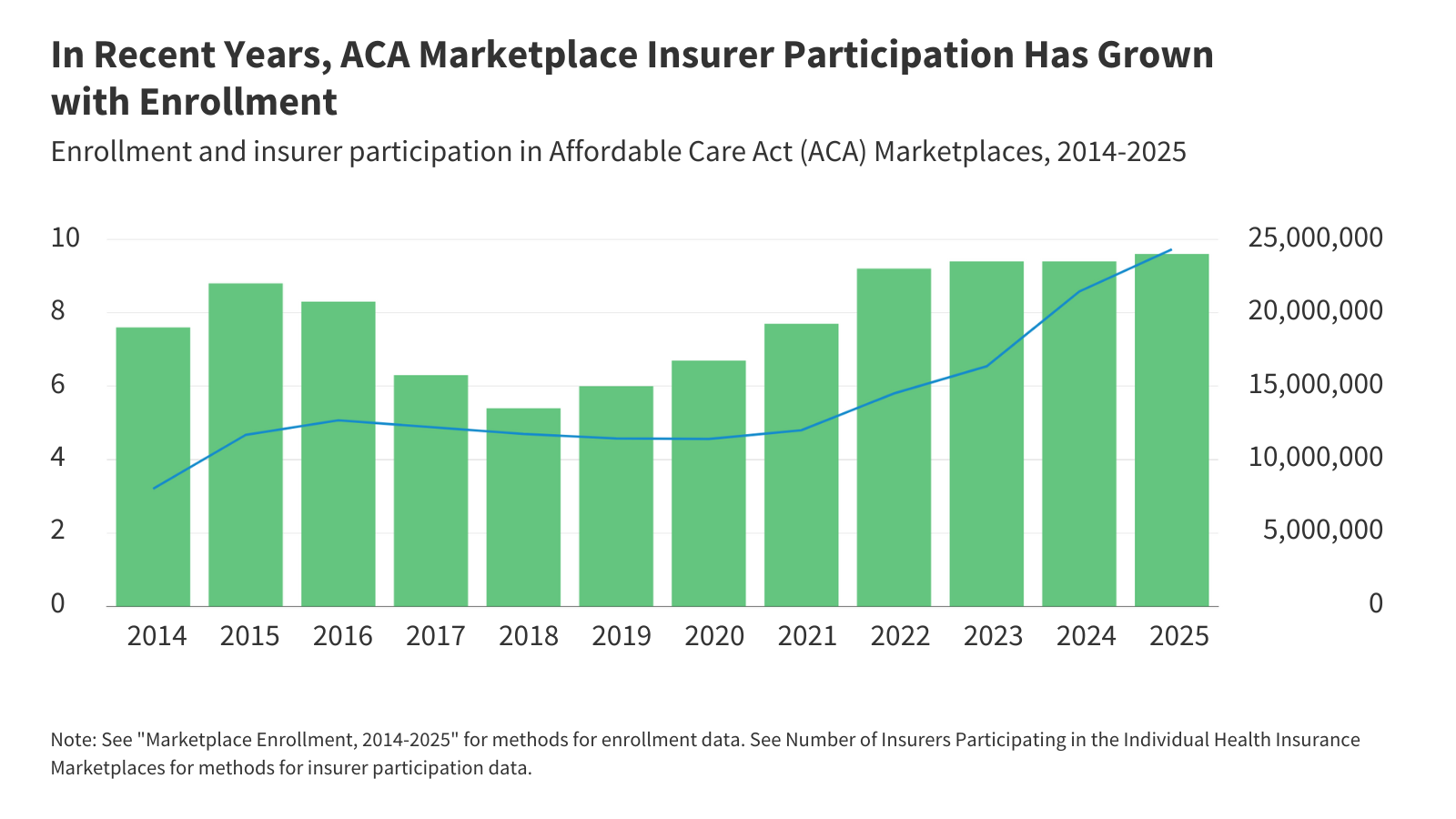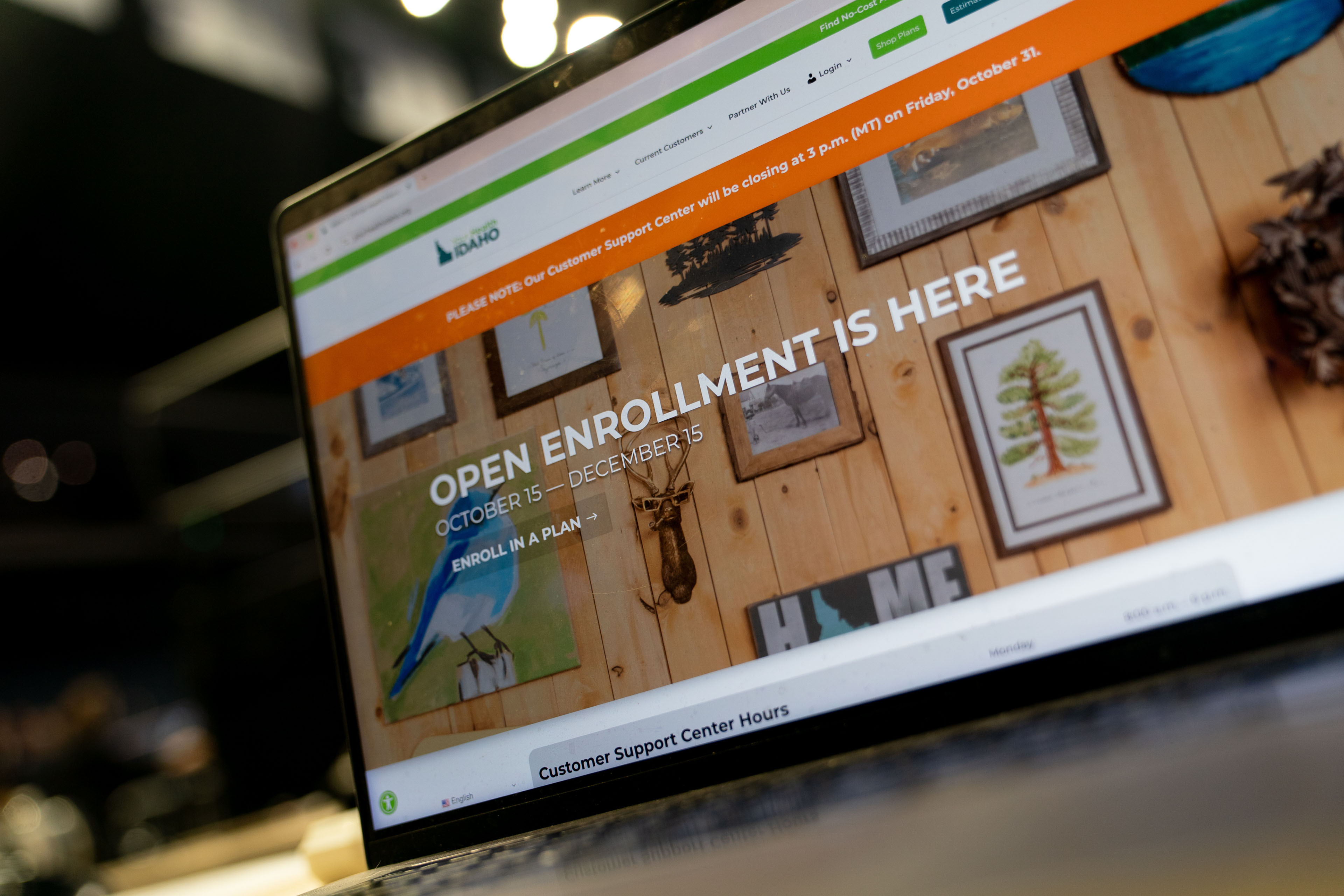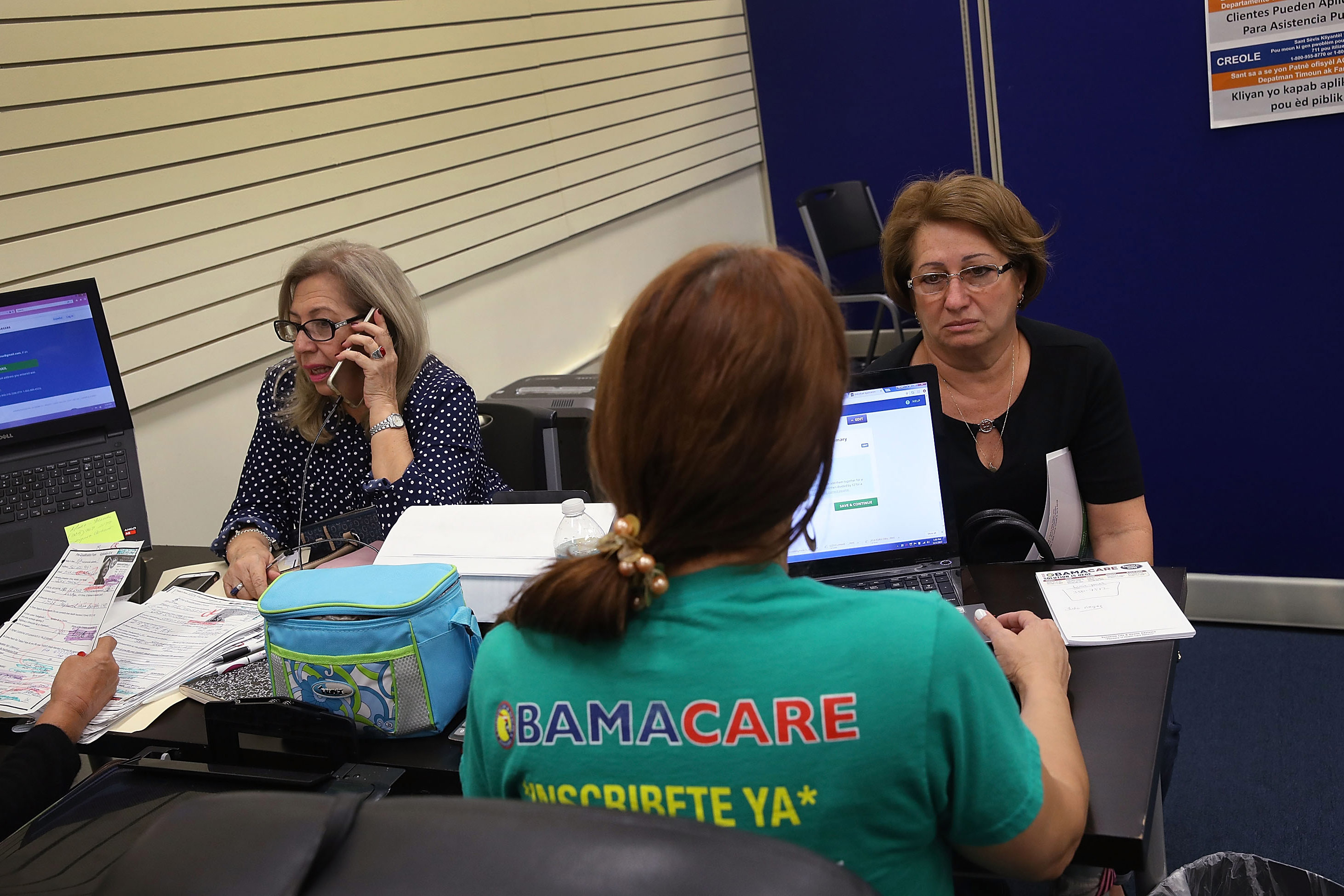The New ACA Repeal and Replace: Health Savings Accounts
Proposals from some Republicans in Congress would effectively repeal some or all of the ACA premium tax credits and replace them with contributions to Health Savings Accounts (HSAs) or something similar.


 Michelle Long
Michelle Long  Cynthia Cox
Cynthia Cox  Jared Ortaliza
Jared Ortaliza 


